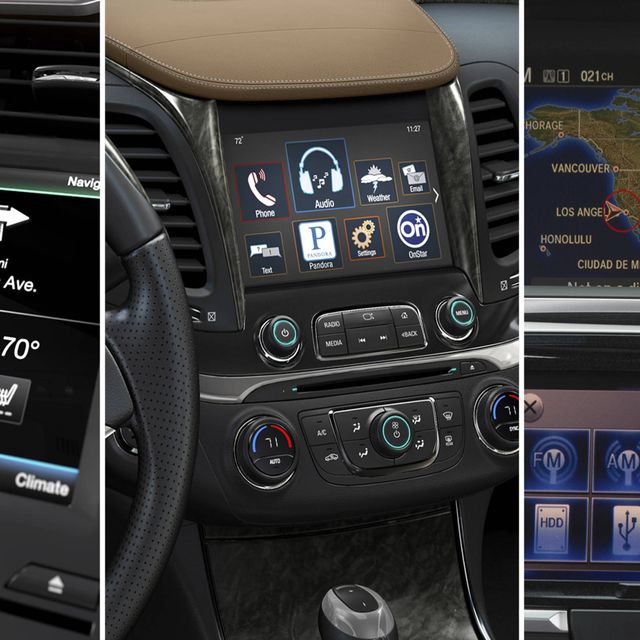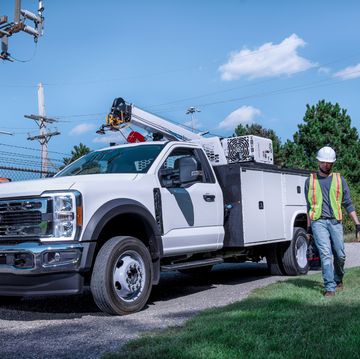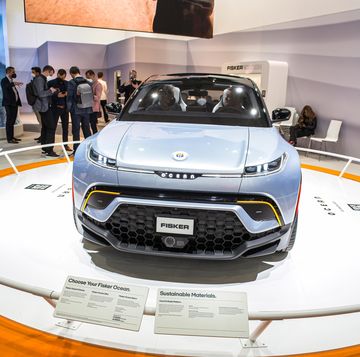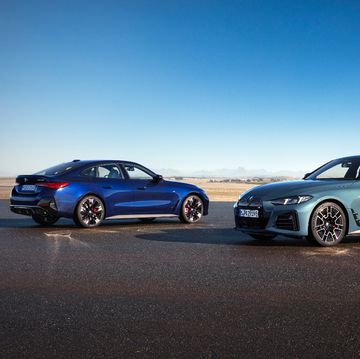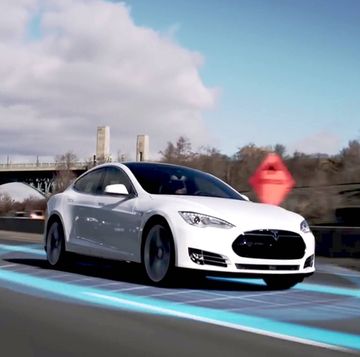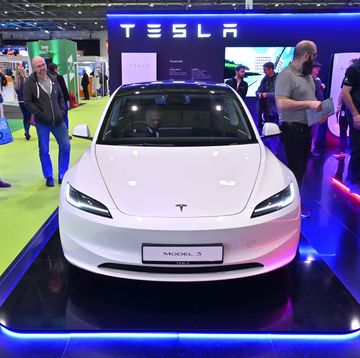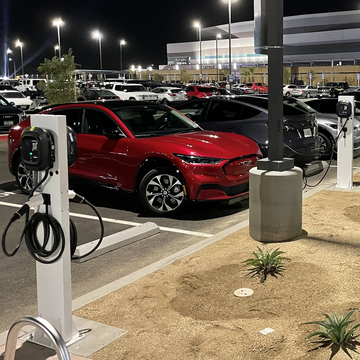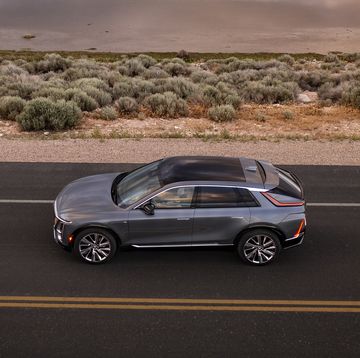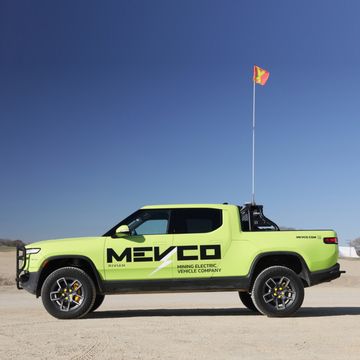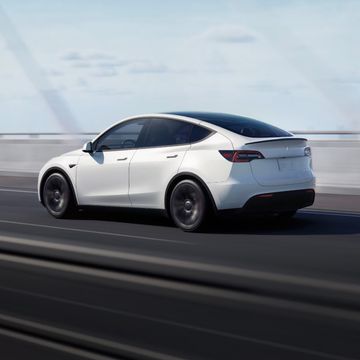What do consumers hate the most about new cars? The infotainment systems. What do consumers hate the most in new cars' infotainment systems? The voice recognition.
Those are the results of JD Power's 2014 Multimedia Quality and Satisfaction Study, in which the organization surveyed over 86,000 new car buyers in the first 90 days of new-car ownership, from February to May of this year. The survey asked about the audio and navigation components in their new cars. The data is in and the results were released today.
And boy, are owners pissed.
From last year, the number of problems rose from 7.6 to 8.3 problem per 100 vehicles. Pairing Bluetooth to smartphones was a problem, and wind noise remained an issue. But the biggest issue was hands-free voice recognition, a feature that is supposed to help keep eyes on the road and off the phone. But, 63 percent of surveyed consumers couldn't get their cars to respond correctly to their commands.
"Voice recognition and device connectivity are often inherent to the technology design and cannot be fixed at the dealership, creating a high level of angst among new-vehicle owners," said Mike VanNieuwkuyk of JD Power, noting that sometimes dealers can adjust for wind noise issues.
"Owners have had to learn to live with the shortcomings of this feature and instead rely on such work-around options as knobs and controls…despite having alternative controls, this problem still negatively impacts owner satisfaction."
Based on an informal, highly unscientific survey around the Autoweek offices that would make Nate Silver cringe, we'd echo this sentiment: using voice recognition has been a hit-or-miss proposition, sometimes ending with blank bemusement, sometimes ending with a goiter. "I have tried to, just for its comedic value," said Rory Carroll with a hint of optimism, "but not with the expectation that it'll work."
"A few times in the Mustang," said Jake Lingeman. "It can hear the word 'Tupac,' so that’s something…"
"Does it count when OnStar reception sounds like a 1980s-vintage Walkie-Talkie from Toys 'R Us?" asked Jay Ramey. "And the OnStar lady is unable to recognize my voice and I am unable to recognize hers?"
This isn't the first time JD Power has taken issue with voice recognition. Its 2014 Initial Quality Survey found that it was the biggest problem most consumers have with their cars, taking home 23 percent of the issues reported. The problems encompassed audio, communication, entertainment or navigation -- the entire infotainment system.
What's interesting is that 70 percent of new-car owners expect an "infotainment" system to be included in their car at no cost. But if they have to pay $500 for the option -- a paltry price compared to the Tech Package bundles many new cars offer, which can be $1,000 at least -- the interest in whizz-bang infotainment systems drops to 44 percent.
According to JD Power, "these same owners indicate their wireless phone is more robust than current built-in systems." We're still waiting to test systems like Apple CarPlay and Android Auto: stuff designed by the people who make phones that, for the most part, work. Honda is implementing Siri as a dealer-installed option, Volvo is installing CarPlay by way of a giant centerscreen, and even Ferrari deigned to integrate the Apple system into its California.
We may have come a long way from the Ford Synergy 2010 concept of 1996, which debuted a CD-ROM-based voice recognition system that was so seamless and state of the art, its interior was entirely devoid of knobs and buttons. It was also supposed to get 80 mpg -- we're still waiting on that, too.
